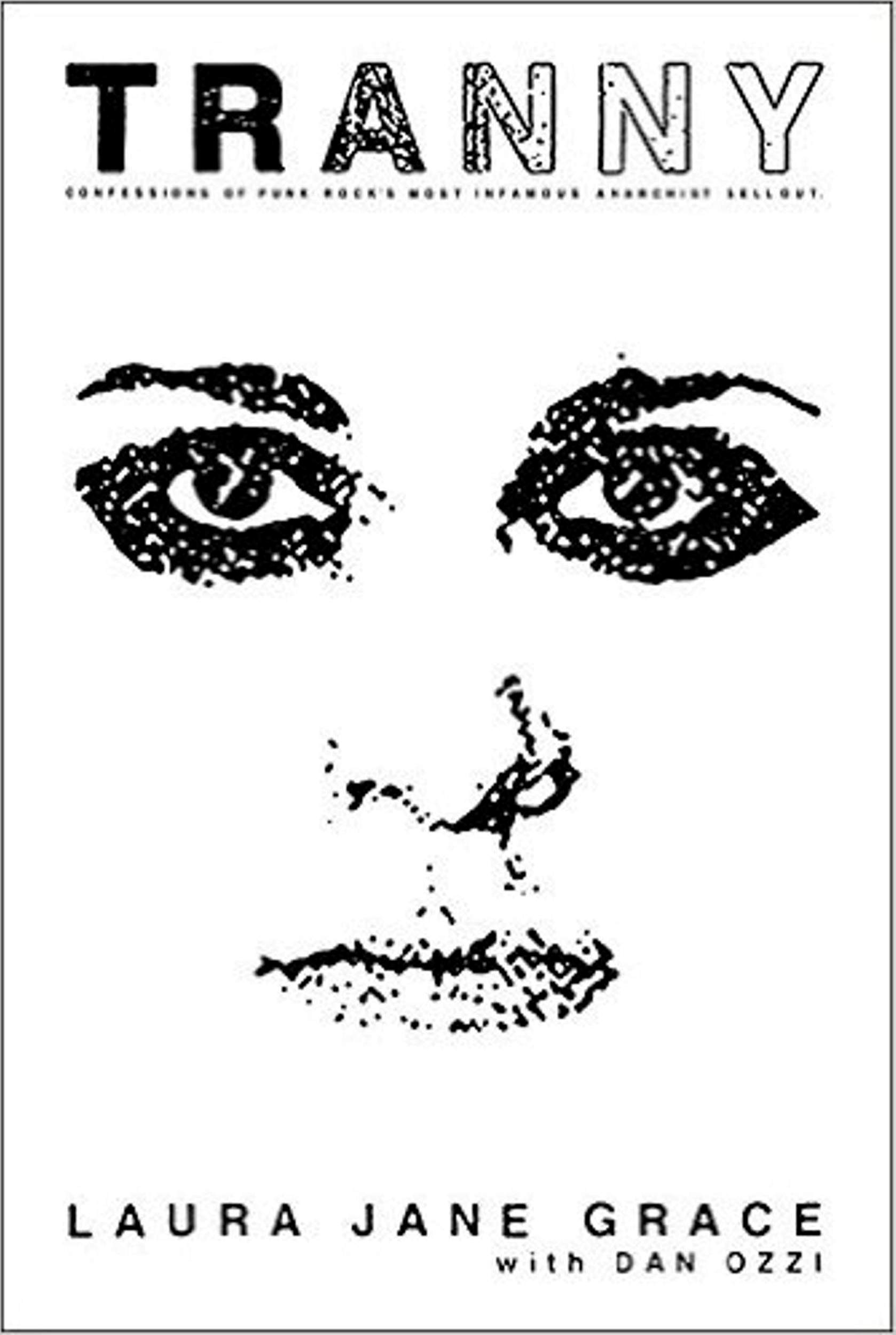Tatanka Means is a Native American actor, stand-up comedian and motivational speaker from Chinle, Arizona. The son of famed political activist and actor Russell Means, Tatanka represents the Oglala Lakota, Omaha and Navajo Nations. His recent movie credits include “Saints & Strangers,” a miniseries on the National Geographic channel chronicling the true encounters between Pilgrim settlers and Native Americans, and “Tiger Eyes,” a film based on the YA book by beloved author Judy Blume. Means also performs stand-up comedy with the Native American Comedy group 49 Laughs Comedy. We spoke to him about being pigeonholed as a native actor and what he learned from his dad.
You were raised on the Navajo Nation Indian Reservation. Was it difficult to break into the entertainment industry from there?
We didn’t have a theater, auditorium/stage or any performing arts classes. But I think as native, indigenous people, we’re natural storytellers. We have oral traditions and teachings. Although those performing outlets weren’t available to me growing up, the instinct to show and tell a story was always there.
Russell Means, your father, was a revered political activist and actor. How did he inspire you?
My father has been one my biggest influences, supporters and inspirations. Yes, he was all of those things – but to me he was just my dad. Parents dish out a lot of advice, and usually we take in some of what they say. But I always followed his advice, even when I didn’t agree. In the end he was always right. He maintained a good balance between all of his titles, but at the base of it all was his committed spirituality, belief and faith. That’s what was most inspiring to me, as his son.
Do you ever feel pigeonholed into playing roles that center around you being the “Native American character”?
It’s who I am in Hollywood’s eyes, so realistically, that’s who I’m going to play; unless we write and produce our own movies and series ourselves, which a lot of people are doing now so they can have roles with more variety. I hope I can continue to break the molds as my career progresses. But I’m honest and real with myself, and that’s what you have to be, or else you’ll be let down and rejected. In this business you need a strong spine.
You’ve spoken about being proud to be drug and alcohol free. Why is that important to you?
That was a personal choice I made in my early 20s, and it wasn’t so I could be a role model, but just so I could help myself. I had to learn from my mistakes. There was a negative pattern happening, and I recognized it and decided I had the power to change those circumstances and alter my life for the better. It was one of the best decisions I ever made for myself, my future and my family.
Tell me about your role on “Saints and Strangers” – what was the filming experience like? Why should people watch the show?
We filmed in Cape Town, South Africa, for three months last summer. It was a good experience all around. One of the things I’m proudest of is the language we spoke in the miniseries; I think when young kids watch it, not only will it be educational, but it will inspire them to learn and speak their language, no matter what tribe they’re from. We spoke Abenaki, which is Eastern Algonquin. It’s really a beautiful language, with so many colorful sounds and words.
I have a leading role in “Saints & Strangers,” playing a real historical figure called Hobbamock. He was the war chief of his tribe and adviser to the famous Wampanoag chief, Massasoit. This is a period piece about an era is the 1600s, and it tells the story of the arrival of the Mayflower and the relationships between the immigrated Europeans and Indian nations during the Plymouth settlement. The miniseries shows a different, more truthful story that hasn’t actually been seen before on screen.
Anya Jaremko-GreenwoldDGO Staff Writer













